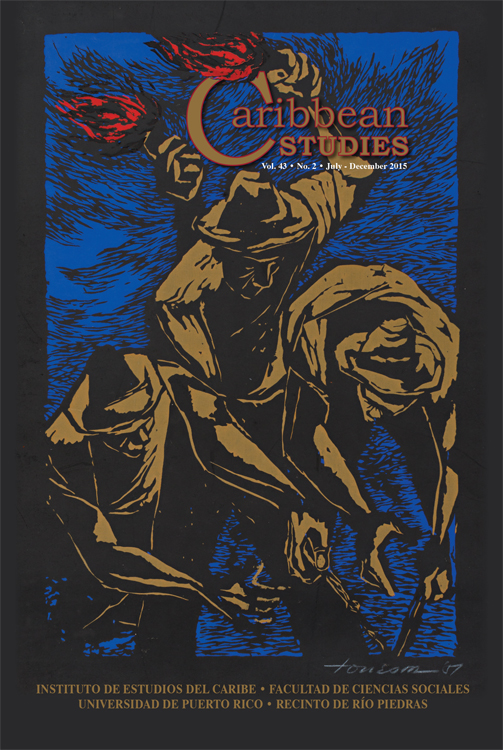Abstract
Beginning in the last decade of the 16th century, the Dutch Republic and its mercantile enterprises were fundamental in linking the Caribbean to the emerging global capitalist system. Using notions rooted in conceptual historiography and critical geography, the article examines the notion of the Caribbean region developed by the Dutch during the second quarter of the 17th century. The article focuses on History of the New World (Nieuwe Wereldt ofte Beschrijvinghe van West-Indien) by Johannes de Laet, a pivot text that articulated the Dutch claim over the American hemisphere, configured an imaginary about the Caribbean region, and imbricated the area within the commercial and maritime expansion of the United Provinces. History of the New World congealed geographical notions about the region with the emergent doctrines of free commerce and free navigation, all within the incipient rationalist thought of the period. In a juncture in which the Caribbean was acquiring importance for North European countries, the text represented the region as a middle hemispheric space located in the emerging Atlantic frontier; an area of natural exuberance, enormous commercial potential, and open to Dutch possession.Downloads
Download data is not yet available.

